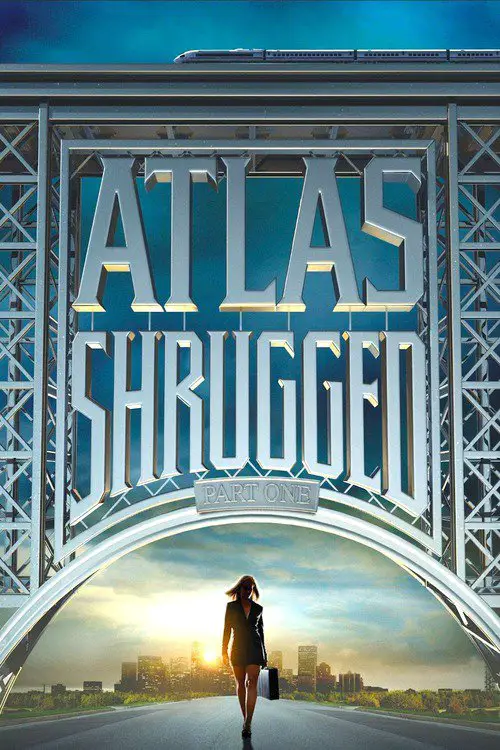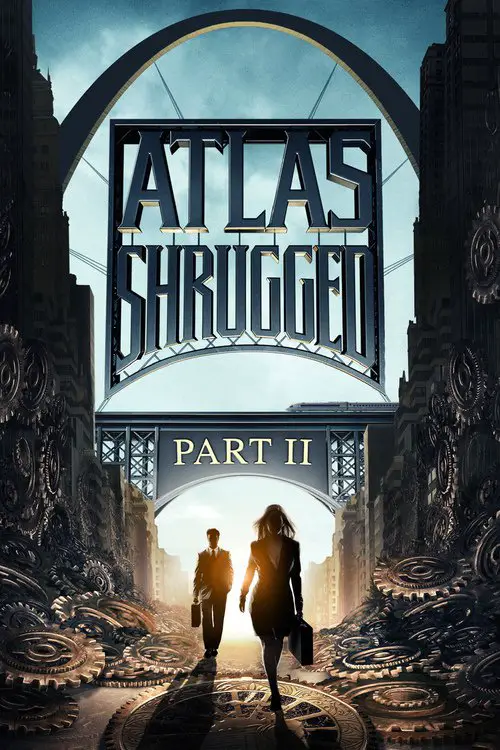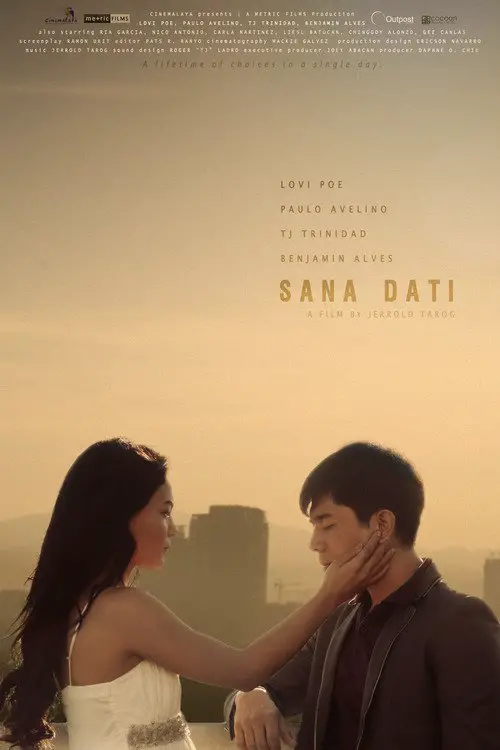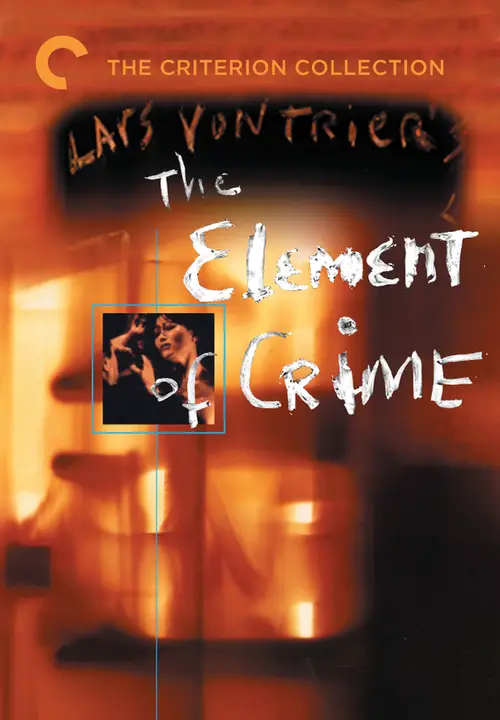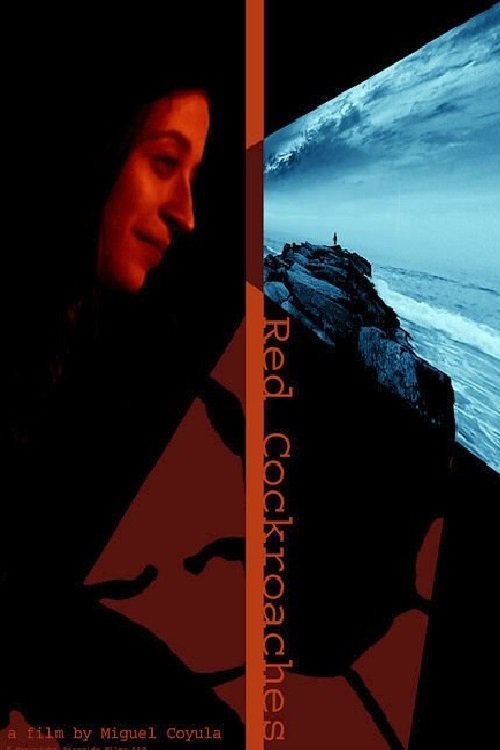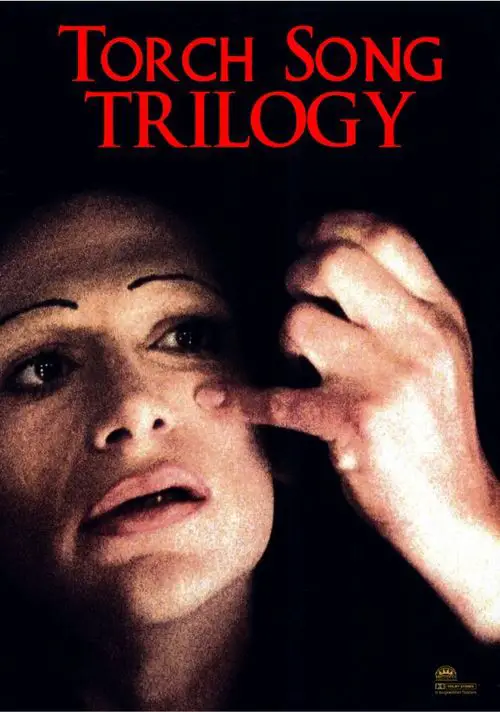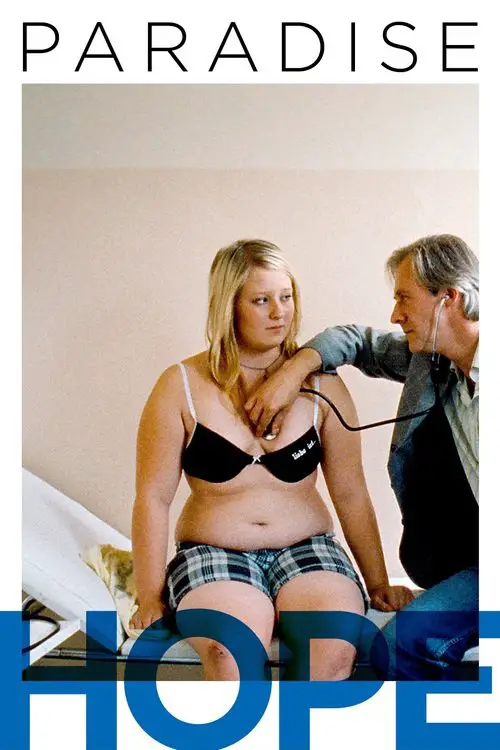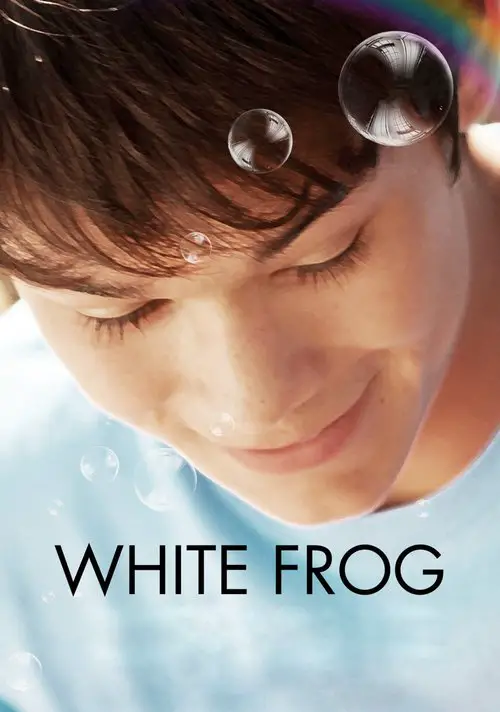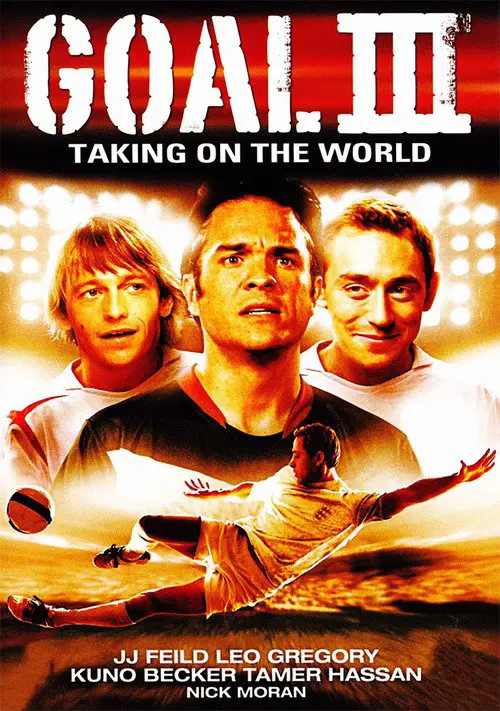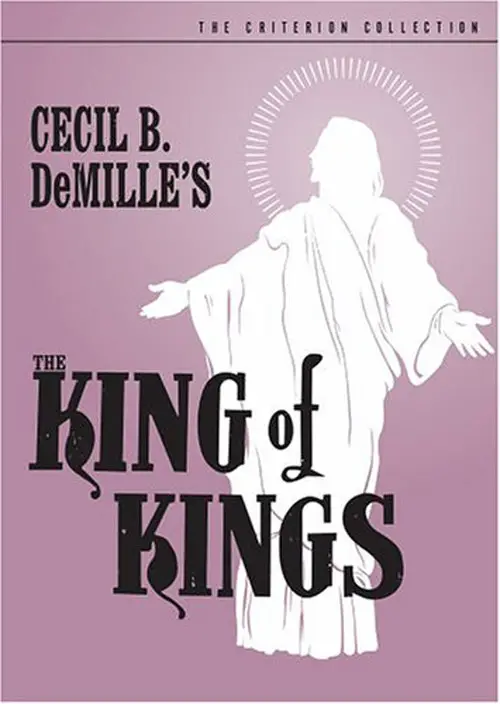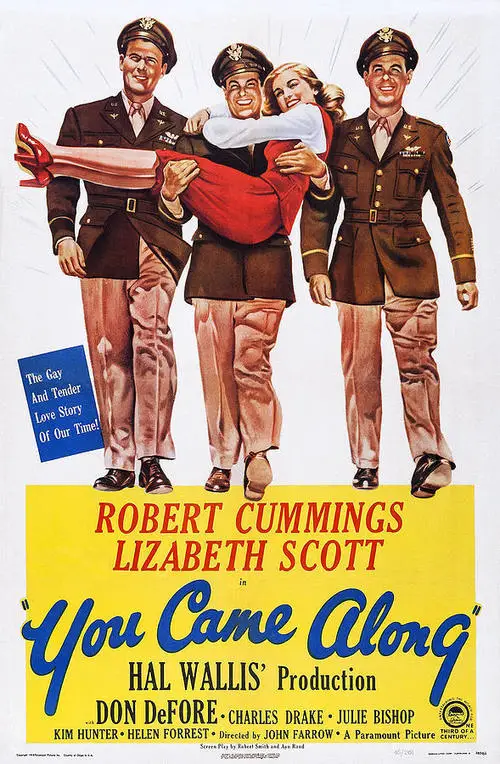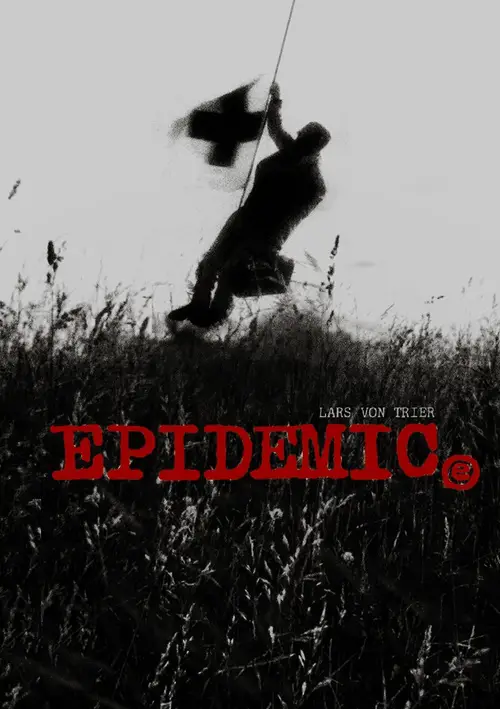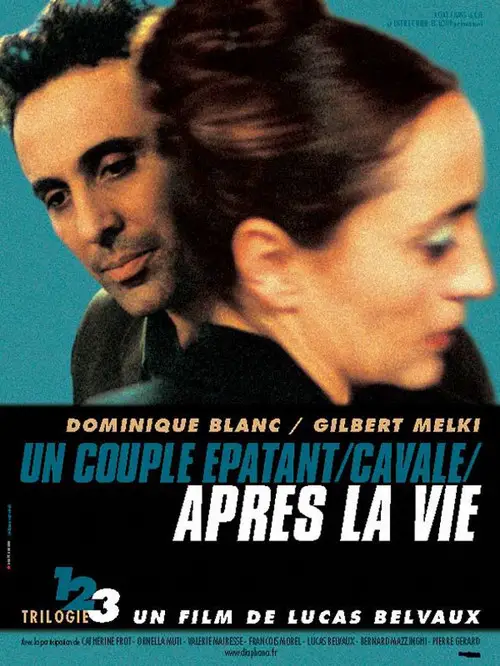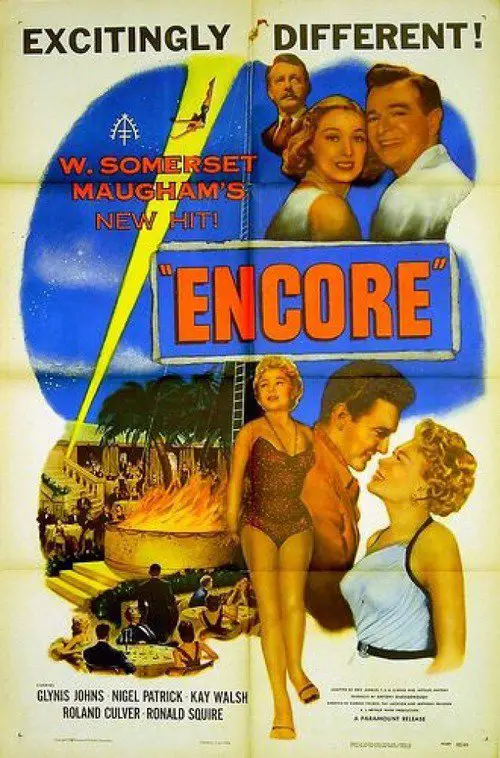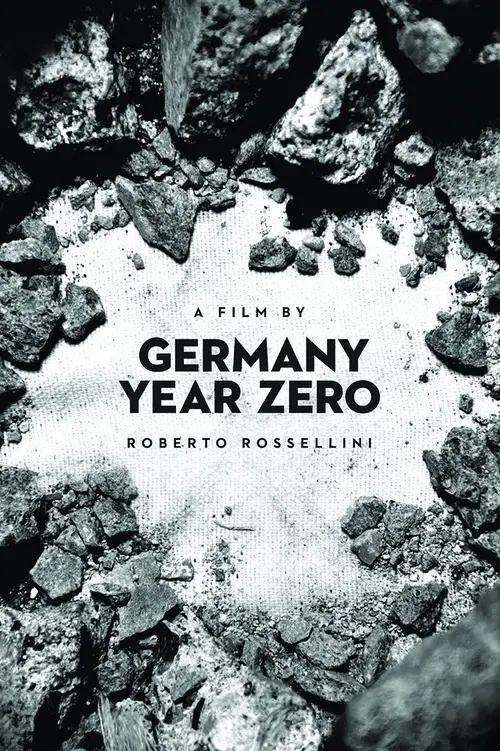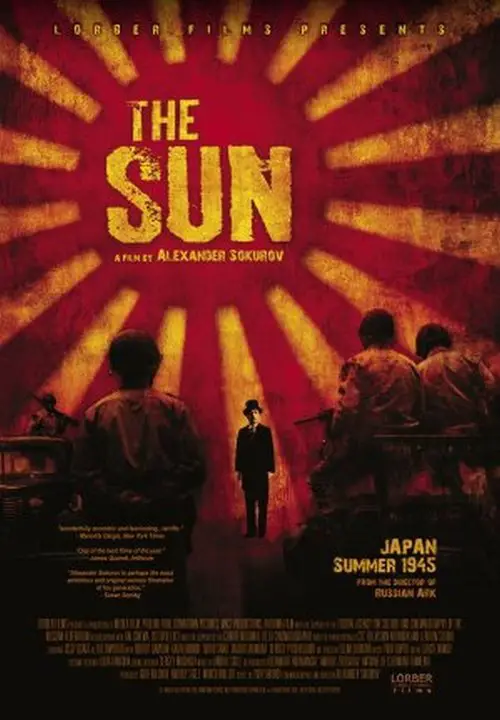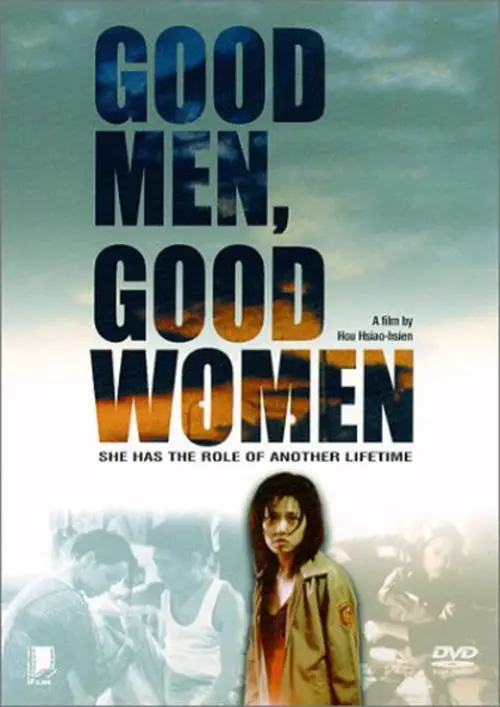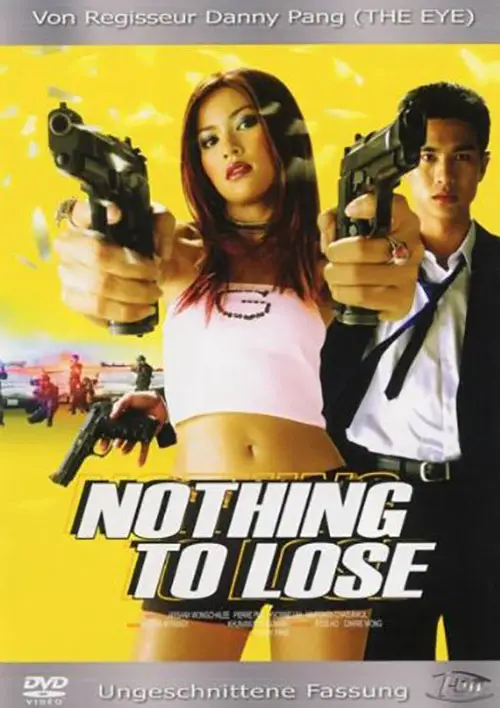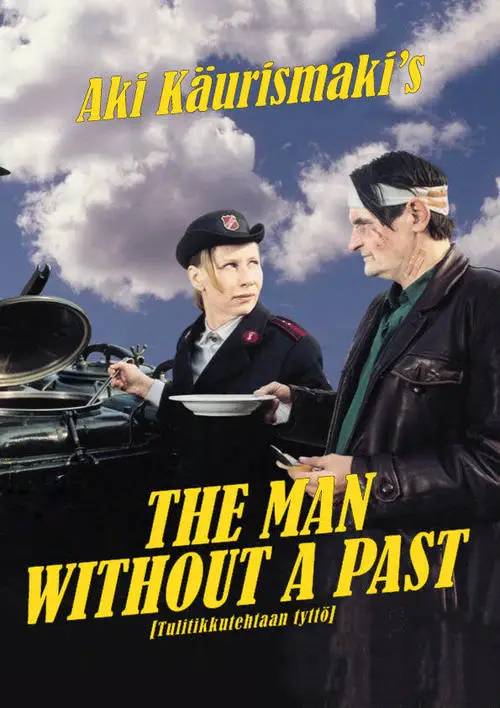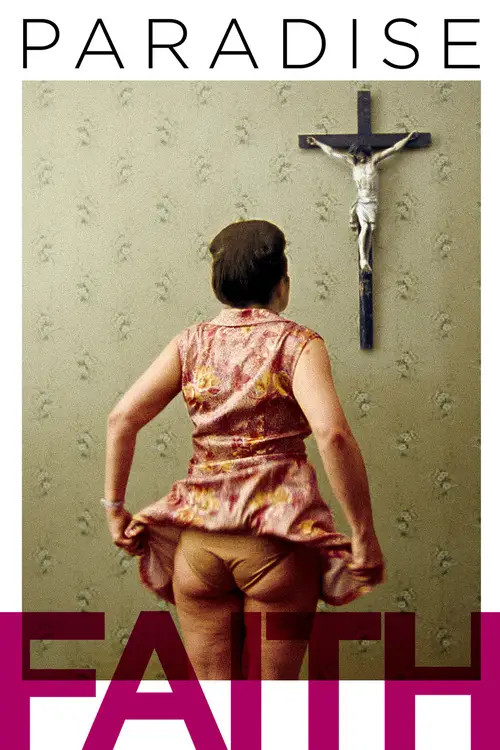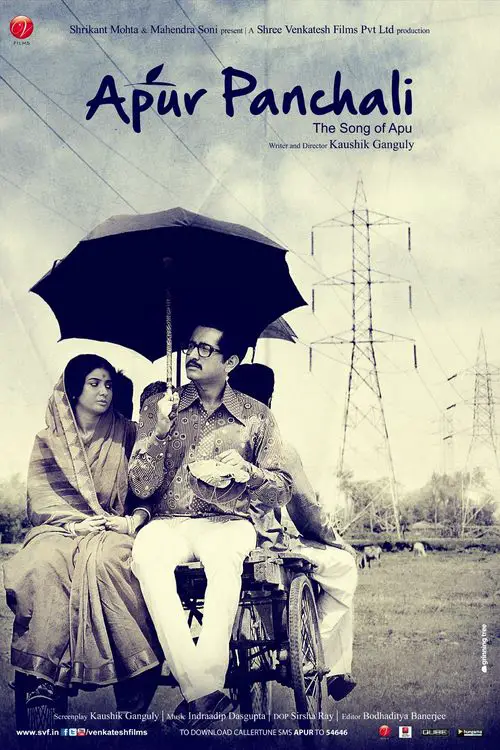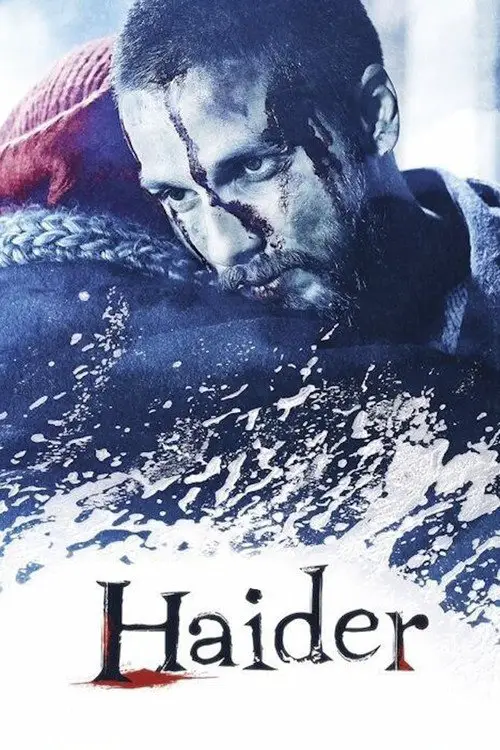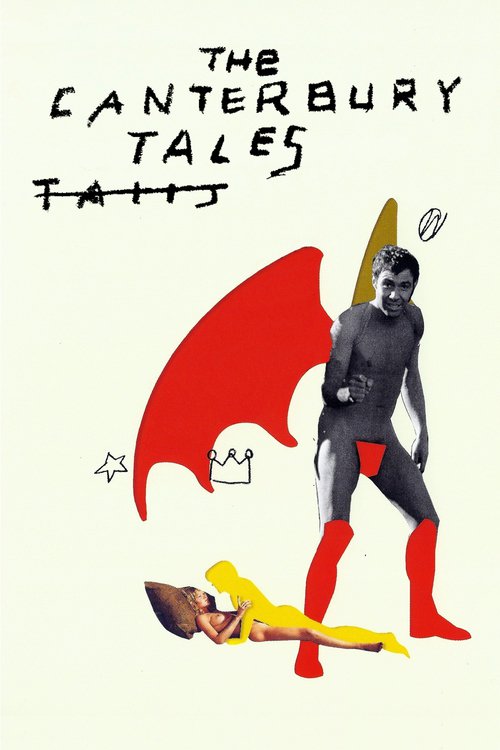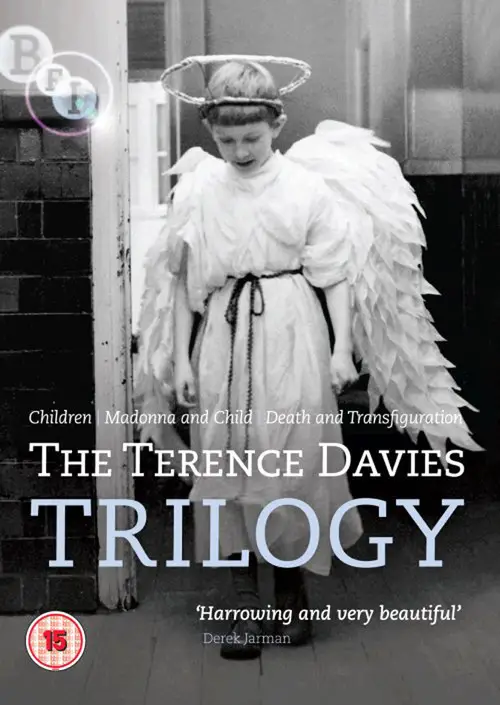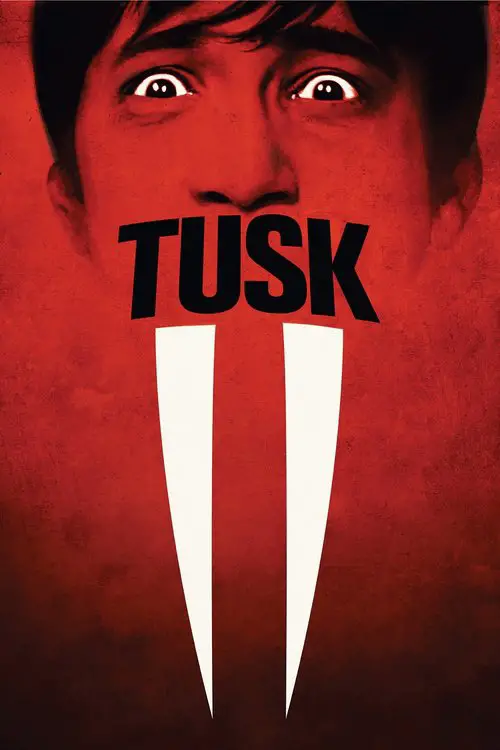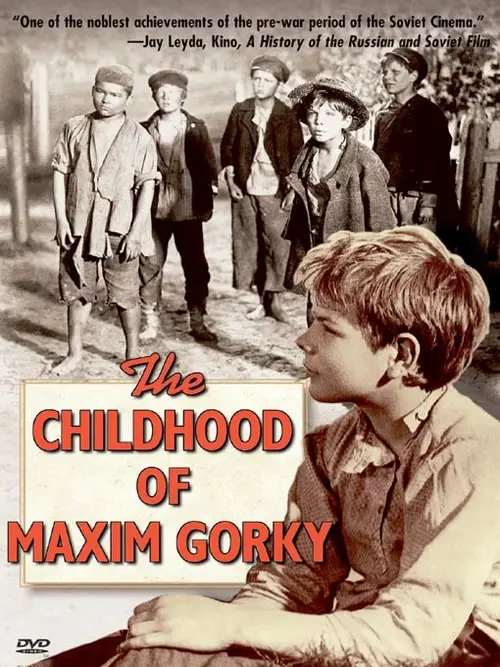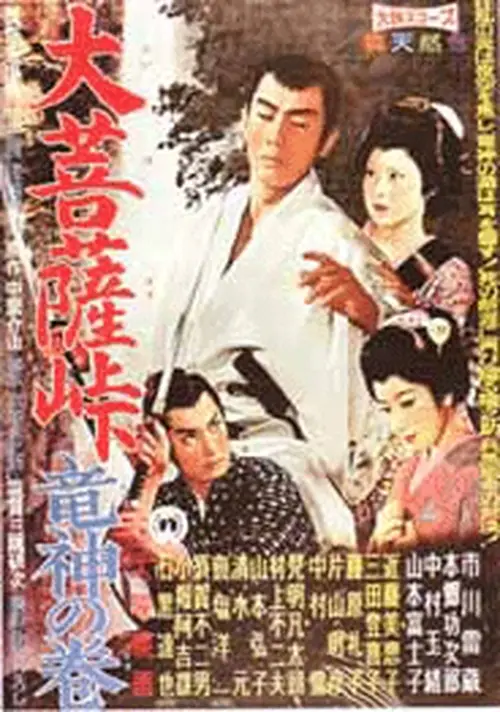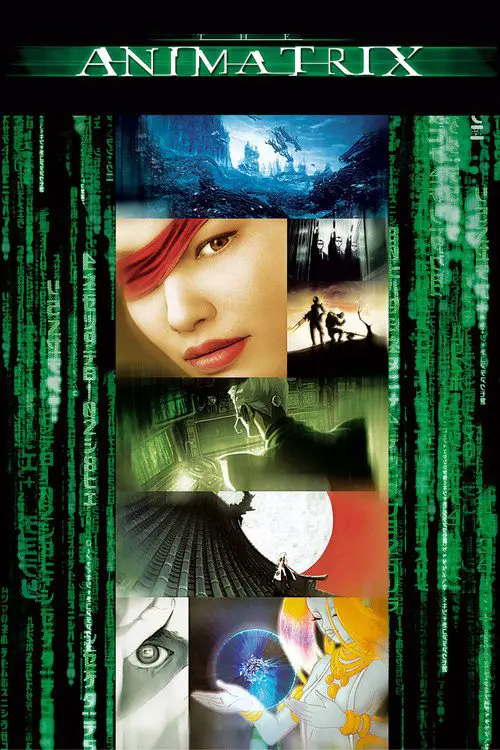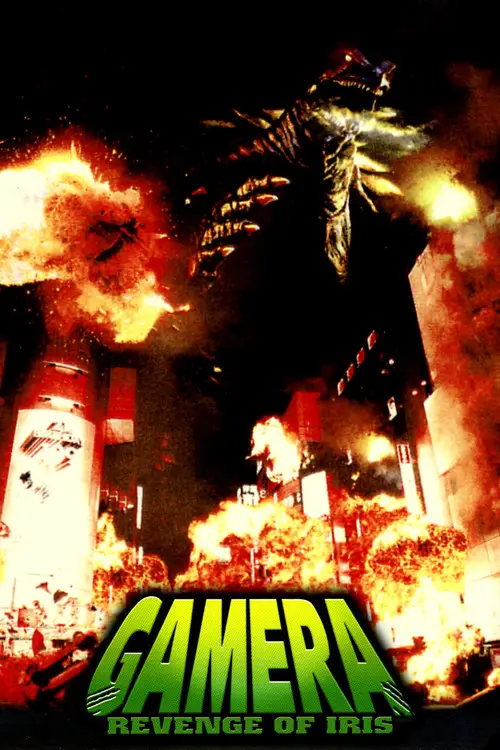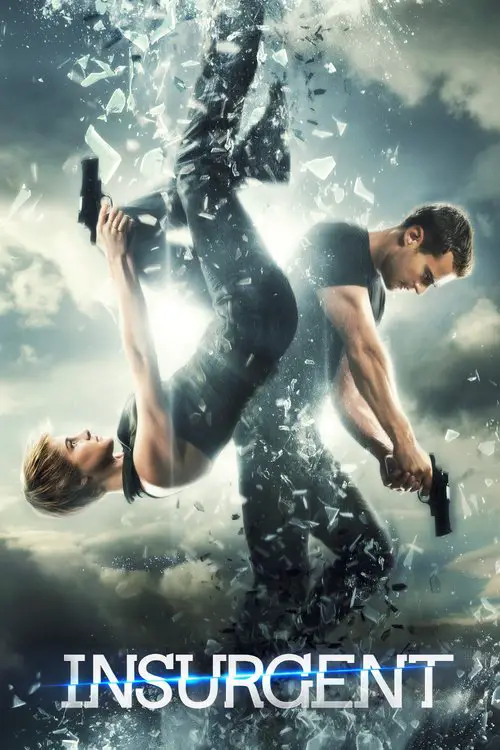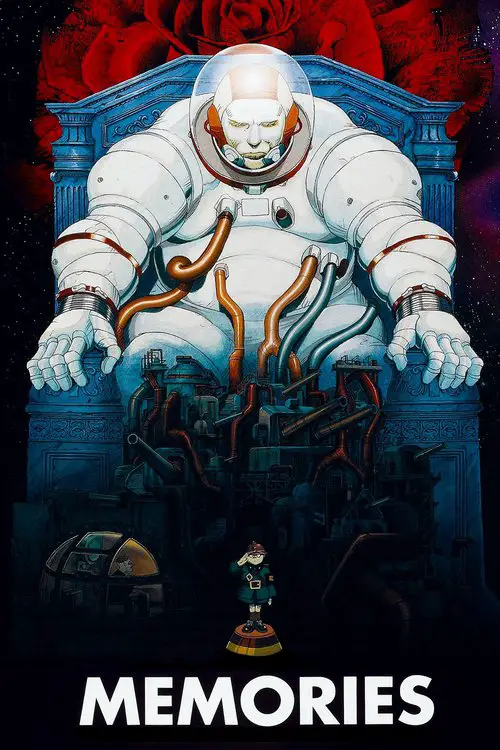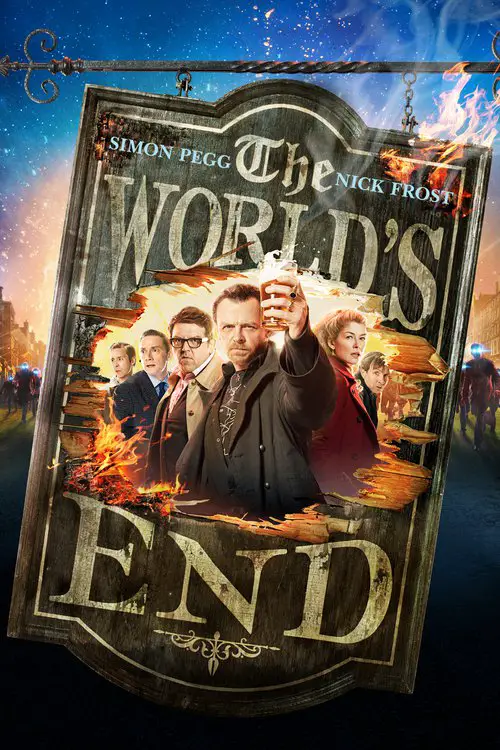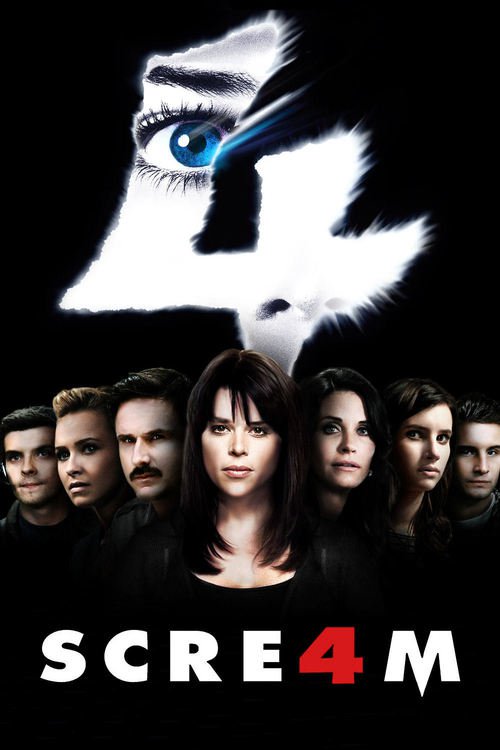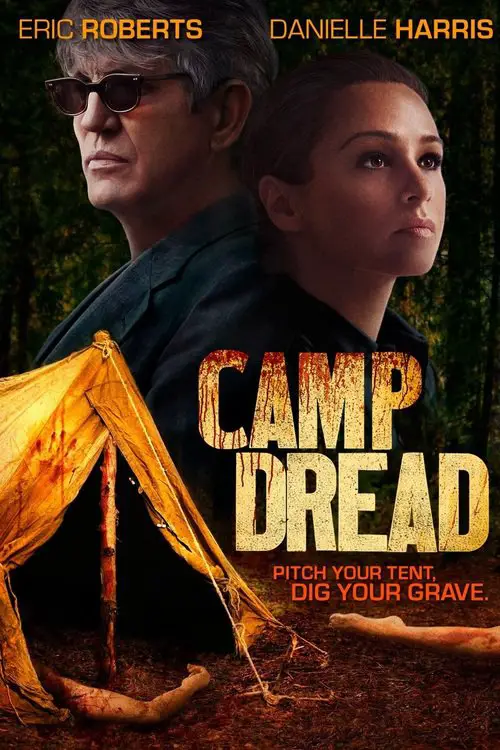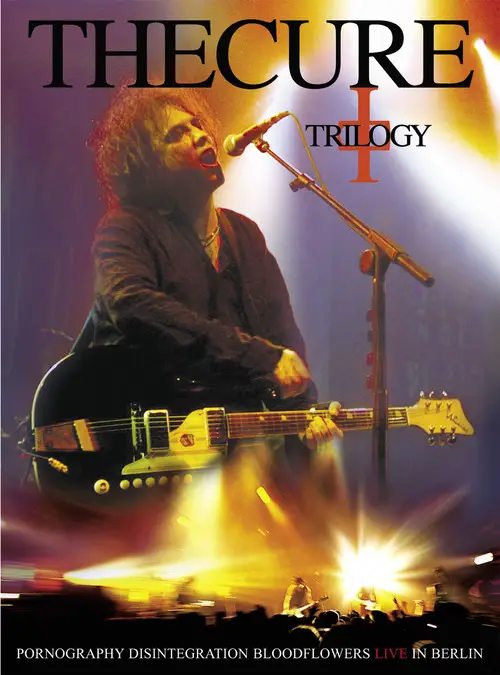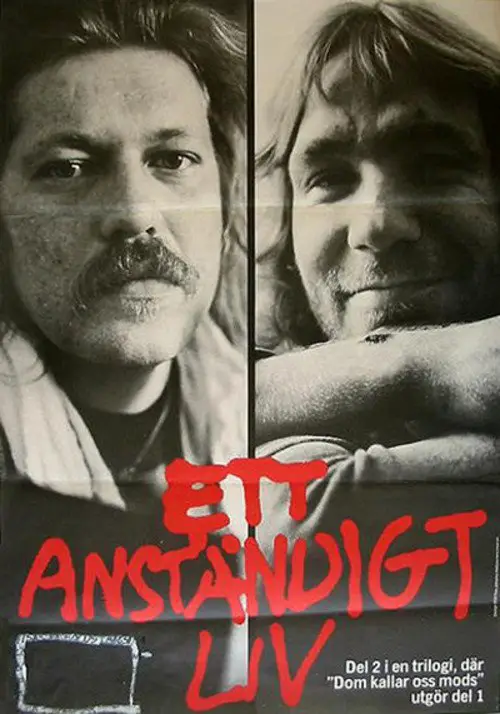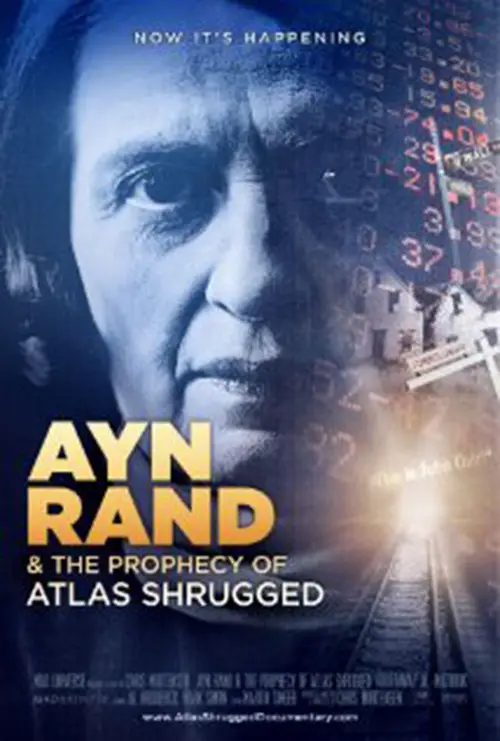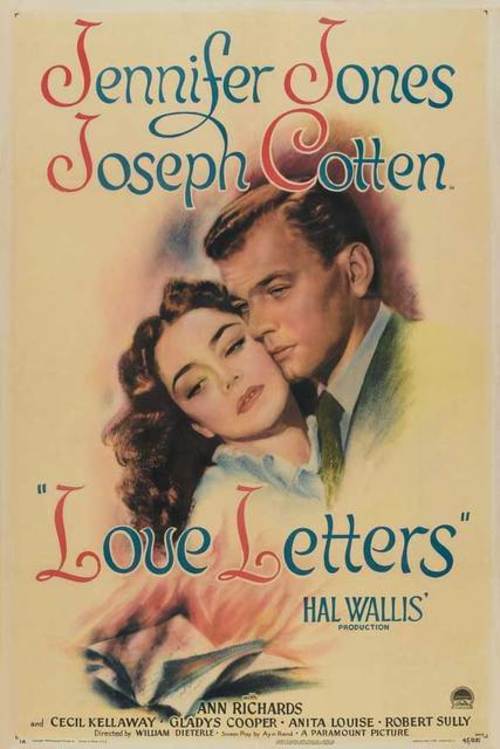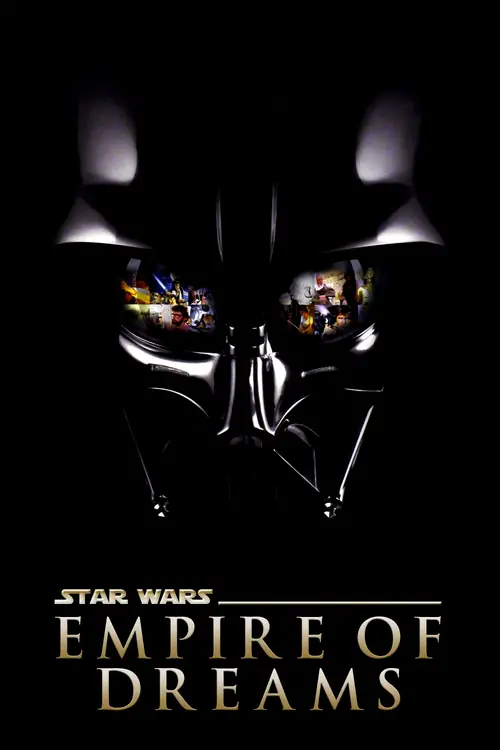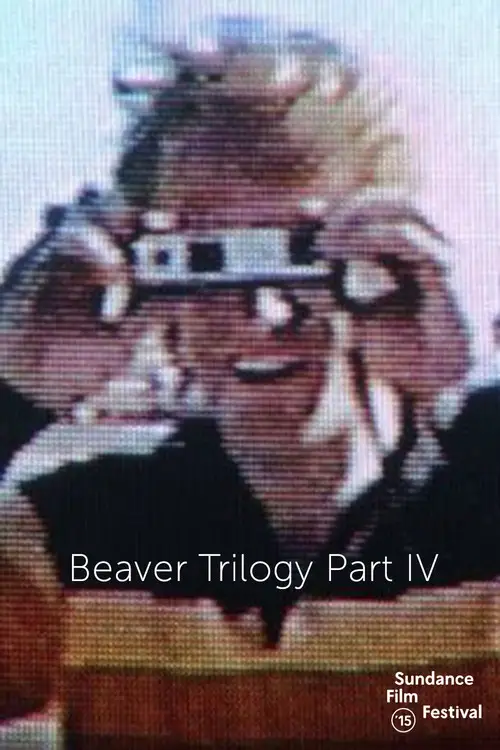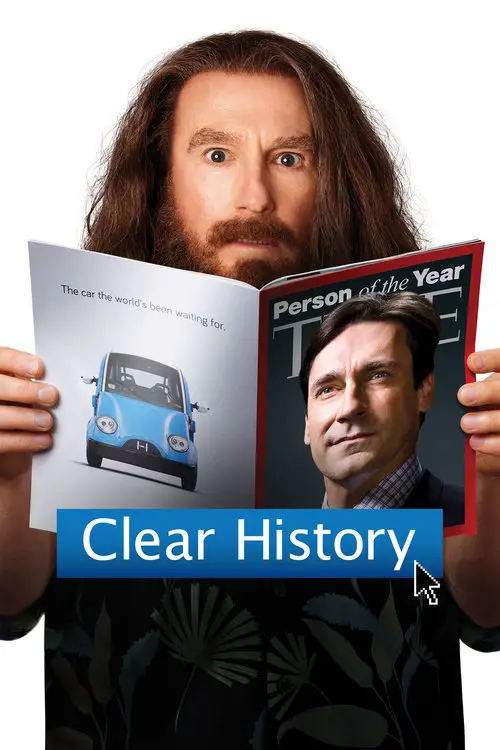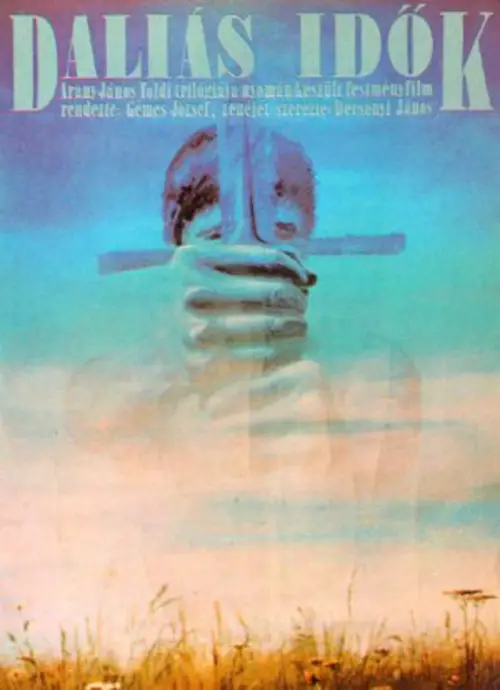Atlas Shrugged Part III: Who is John Galt? (2014)
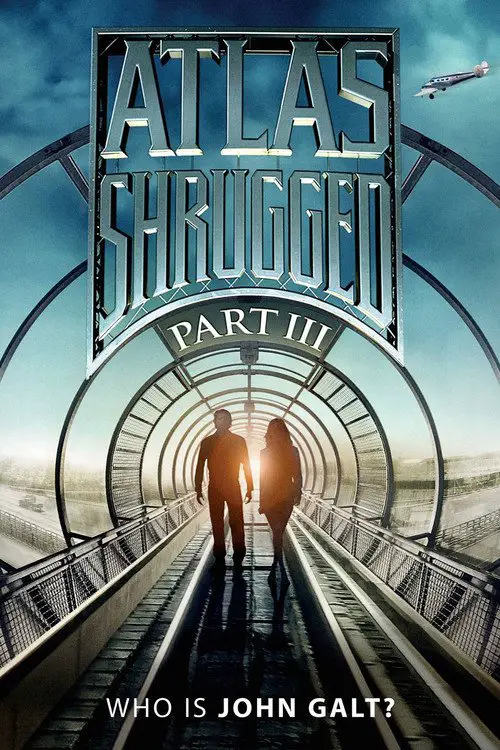
Similar movies
The global economy is on the brink of collapse. Brilliant creators, from artists to industrialists, continue to mysteriously disappear. Unemployment has risen to 24%. Gas is now $42 per gallon. Dagny Taggart, Vice President in Charge of Operations for Taggart Transcontinental, has discovered what may very well be the answer to the mounting energy crisis - found abandoned amongst ruins, a miraculous motor that could seemingly power the World. But, the motor is dead... there is no one left to decipher its secret... and, someone is watching. Itâs a race against the clock to find the inventor and stop the destroyer before the motor of the World is stopped for good. A motor that would power the World. A World whose motor would be stopped. Who is John Galt?
Hope, the third film in the PARADISE TRILOGY, tells the story of the 13-year-old Melanie. While her mother (Teresa) travels to Kenya, Melanie spends her holiday in the Austrian countryside at a strict diet camp for overweight teenagers. Under the supervision of a tattooed trainer and a creepy doctor, the teenagers attempt to do sports during the day and secretly get drunk in the evening. Between physical education and nutrition counseling, pillow fights and her first cigarette, Melanie falls in love with the doctor who is 40 years her senior.
In the third installment of the football drama trilogy Goal!, Kuno Becker returns as Mexican footballer Santiago Muñez, who, along with his best friends and England national team players Charlie Braithwaite (Leo Gregory) and Liam Adams (JJ Feild), are selected for their respective national teams at the 2006 FIFA World Cup Finals in Germany.
The King of Kings is the Greatest Story Ever Told as only Cecil B. DeMille could tell it. In 1927, working with one of the biggest budgets in Hollywood history, DeMille spun the life and Passion of Christ into a silent-era blockbuster. Featuring text drawn directly from the Bible, a cast of thousands, and the great showmanâs singular cinematic bag of tricks, The King of Kings is at once spectacular and deeply reverentâpart Gospel, part Technicolor epic.
War hero flier Bob Collins goes on a war bond selling tour with two buddies, and substitute "chaperone" Ivy Hotchkiss. Bob's a cheerful Lothario with several girls in every town on the tour. After some amusing escapades, Bob and Ivy become romantically involved, agreeing it's "just fun up in the air." Then Ivy finds out the real reason why it shouldn't be anything more.
The second of Trier's films known collectively as the Europa trilogy. The other two films in the trilogy are The Element of Crime (1984) and Europa (1991). Co-written by Niels Vørsel, the film focuses on the screenwriting process. Vørsel and von Trier play themselves, coming up with a last-minute script for a producer. This story is intercut with scenes from the film they write, in which von Trier plays a renegade doctor trying to cure a modern-day epidemic. In an ironic twist, the doctor discovers that he himself has been spreading the virus.
The final installment in director Lucas Belvaux's trilogy follows Pascal, a cop who sees a return to credibility in the capture of escaped convict Bruno--who in turn is harbored by Pascal's morphine-addicted wife Agnes. Pascal's already precarious ties to Agnes are strained further when he meets and falls for her fellow schoolteacher friend Cecile. With Pascal focused on Bruno and Cecile, Agnes is forced to find a fix on her own.
Encore is a 1951 anthology film composed of adaptations of three short stories by W. Somerset Maugham: "The Ant and the Grasshopper", directed by Pat Jackson and adapted by T. E. B. Clarke; "Winter Cruise", helmed by Anthony Pelissier, screenplay by Arthur Macrae; "Gigolo and Gigolette", directed by Harold French, written by Eric Ambler. It is the last film in a Maugham trilogy, preceded by Quartet and Trio.
The final film in Rossellini's war film trilogy (the first two being Rome, Open City and Paisà ). Germany Year Zero takes place in post-war Germany, unlike the others, which take place in German-occupied Rome and post-war Italy, respectively. The story follows a twelve-year-old boy, Edmund Kohler, who is mainly left to his own devices in order to survive and to help his family do the same.
The Sun (Russian: СóлнÑе, Solntse) is a 2005 Russian biographical film depicting Japanese Emperor ShÅwa (Hirohito) during the final days of World War II. The film is the third drama in director Aleksandr Sokurov's trilogy, which included Taurus about the Soviet Union's Vladimir Lenin and Moloch about Nazi Germany's Adolf Hitler.
The first of what Luis Buñuel later proclaimed a trilogy (along with The Discreet Charm of the Bourgeoisie and The Phantom of Liberty) about âthe search for truth,â The Milky Way (La voie lactee) daringly deconstructs contemporary and traditional views on Catholicism with ribald, rambunctious surreality. Two French beggars, present-day pilgrims en route to Spainâs holy city of Santiago de Compostela, serve as Buñuelâs narrators for an anticlerical history of heresy, told with absurdity and filled with images that rank among Buñuelâs most memorable (stigmatic children, crucified nuns) and hilarious (Jesus considering a good shave). A diabolically entertaining look at the mysteries of fanaticism, The Milky Way remains a hotly debated work from cinemaâs greatest skeptic.
Intended as the concluding film in the trilogy on the modern history of Taiwan began with Beiqing Chengshi (1989), this film reveals the story through three levels: a film within a film as well as the past and present as linked by a young woman, Liang Ching. She is being persecuted by an anonymous man who calls her repeatedly but does not speak. He has stolen her diary and faxes her pages daily. Liang is also rehearsing for a new film that is due to go into production soon. The film, entitled Haonan Haonu, is about a couple Chiang Bi-yu and Chung Hao-tung who returns to China to participate in the anti-Japanese movement in China in the 1940s and are arrested as communists when they go back to Taiwan.
Three interconnected stories about the different strata of life in Mexico City all resolve with a fatal car accident. Octavio is trying to raise enough money to run away with his sister-in-law, and decides to enter his dog Cofi into the world of dogfighting. After a dogfight goes bad, Octavio flees in his car, running a red light and causing the accident. Daniel and Valeria's new-found bliss is prematurely ended when she loses her leg in the accident. El Chivo is a homeless man who cares for stray dogs and is there to witness the collision. Amores Perros is the first film in Iñárritu's "Death Trilogy".
Thai crime-comedy-drama film written and directed by Danny Pang of the Pang Brothers. It is Danny Pang's solo directorial debut, and is part of the loose "Bangkok Trilogy" by the Pangs that also includes Bangkok Dangerous (1999) and One Take Only (2003). Somchai (Pierre Png), a debt-ridden gambling addict, goes to the top of a building to commit suicide and finds a young woman, Go-go (Arisara Wongchalee), standing on the ledge ready to do the same. Rather than going through with the plans for death, the two talk and decide that there's nothing they can't do, since they had decided to die. So they embark on a crime spree, starting out by eating in a restaurant and not paying the bill, then stealing a car and crashing it for fun. They rob a convenience store, and are pursued by the police, and the gangsters Somchai pursue the couple as well.
The second part of Aki Kaurismäki's "Finland" trilogy, the film follows a man who arrives in Helsinki and gets beaten up so severely he develops amnesia. Unable to remember his name or anything from his past life, he cannot get a job or an apartment, so he starts living on the outskirts of the city and slowly starts putting his life back on track.
Haider is an Indian drama film directed by Vishal Bhardwaj, and written by Basharat Peer and Bhardwaj. It is an adaptation of William Shakespeare's Hamlet, and is set in Kashmir. The film stars Tabu, Shahid Kapoor as the eponymous protagonist, Shraddha Kapoor and Kay Kay Menon. Haider is the third installment of Bhardwaj's Shakespeare trilogy after Maqbool (2003) and Omkara (2006).
The Human Condition is a Japanese epic film trilogy made between 1959 and 1961. The trilogy follows the life of Kaji, a Japanese pacifist and socialist, as he tries to survive in the fascist and oppressive world of WWII-era Japan. No Greater Love (1959) opens with Kaji marrying his sweetheart Michiko despite his misgivings about the future.
Batman raises the stakes in his war on crime. With the help of Lt. Jim Gordon and District Attorney Harvey Dent, Batman sets out to dismantle the remaining criminal organizations that plague the streets. The partnership proves to be effective, but they soon find themselves prey to a reign of chaos unleashed by a rising criminal mastermind known to the terrified citizens of Gotham as the Joker.
The Childhood of Maxim Gorky (Detstvo Gorkovo) was the first of Russian director Mark Donski's trilogy based upon Gorky's memoirs. Alexei Lyarsky plays the young Maxim, who grows up under the czarist regime with his grandparents as guardians. Continually demeaned by his martinet grandfather, Maxim is drawn to his warm-hearted grandmother (Varvara Massalitinova), who instills in him the willingness to pursue his writing muse. Gorky's (and Donski's) deep abiding love for Russia is conveyed through the film's remarkably romanticist landscape shots along the Volga River, which cry out for Technicolor.
Outside time and reality, the experiences of a poet. The judgement of the young poet by Heurtebise and the Princess, the Gypsies, the palace of Pallas Athena, the spear of the Goddess which pierces the poet's heart, the temptation of the Sphinx, the flight of Oedipus and the final Assumption. This film is the third part of Cocteau's Orphic Trilogy, which consists of The Blood of a Poet (1930), Orpheus (1950) and Testament of Orpheus (1960).
Straight from the creators of the groundbreaking Matrix trilogy, this collection of short animated films from the world's leading anime directors fuses computer graphics and Japanese anime to provide the background of the Matrix universe and the conflict between man and machines. The shorts include Final Flight of the Osiris, The Second Renaissance, Kid's Story, Program, World Record, Beyond, A Detective Story and Matriculated.
The final installment of the Back to the Future trilogy finds Marty digging the trusty DeLorean out of a mineshaft and looking up Doc in the Wild West of 1885. But when their time machine breaks down, the travelers are stranded in a land of spurs. More problems arise when Doc falls for pretty schoolteacher Clara Clayton, and Marty tangles with Buford Tannen.
This final installment of the recent Gamera trilogy begins with schoolgirl Ayana discovering a large egg in a cave that, according to legend, houses demons. The egg hatches into a small monster, which Ayana decides to raise and quickly develops as psychic bond with. As Ayana's monster, named Iris, grows to adulthood, the flying turtle Gamera begins to take an interest in this new potential threat. Who will be the victor in the final battle, and how much of Japan will be left standing at the end?
In this anime trilogy, a salvage ship crew happens upon a haunted vessel in Magnetic Rose; a cold tablet turns a lab worker into a biological weapon in Stink Bomb; and an urban populace carries on an endless war with an unseen foe in Cannon Fodder. Three years in the making, the thought-provoking anthology features eye-popping action and directorial work by a trio of genre geniuses: Kôji Morimoto, Tensai Okamura and Katsuhiro Ãtomo. "Memories" is made up of three separate science-fiction stories. In the first, "Magnetic Rose," four space travelers are drawn into an abandoned spaceship that contains a world created by one woman's memories. In "Stink Bomb," a young lab assistant accidentally transforms himself into a human biological weapon set on a direct course for Tôkyô. The final episode, "Cannon Fodder," depicts a day in the life of a city whose entire purpose is the firing of cannons at an unseen enemy.
Ting-yin, a young novelist, is struggling to come up with a followup to her best-selling trilogy of romance novels. After drafting her first chapter, she stops and deletes the file from her computer. She then starts seeing strange, unexplainable things and finds that she is experiencing the supernatural events that she described in her novel-to-be.
Sidney Prescott, now the author of a self-help book, returns home to Woodsboro on the last stop of her book tour. There she reconnects with Sheriff Dewey and Gale, who are now married, as well as her cousin Jill and her Aunt Kate. Unfortunately, Sidney's appearance also brings about the return of Ghostface, putting Sidney, Gale, and Dewey, along with Jill, her friends, and the whole town of Woodsboro in danger.
The âSummer Campâ horror trilogy was one of the most popular franchises of the 1980s. However, the decade ended and so did director Julian Barrettâs career. Now Barrett plans to resurrect his gory series via a modern reboot patterned after reality filmmaking. With his former leading lady and an eclectic group of 10 young âcontestants,â Barrett returns to the same locale where his old splatter-fests were filmed. When one of the campers is found savagely murdered, they realize thereâs more at stake than just fame and fortune. Each of them is in a fight for their lives as they realize summer is over â forever.
The Cure: Trilogy is a double live album video by The Cure, released on two double layer DVD-9 discs, and later on a single Blu-Ray disc. It documents The Trilogy Concerts, in which the three albums, Pornography (1982), Disintegration (1989) and Bloodflowers (2000) were played live in their entirety one after the other each night, the songs being played in the order in which they appeared on the albums. Trilogy was recorded on two consecutive nights, 11â12 November 2002, at the Tempodrom arena in Berlin. A third, previous Trilogy concert in Brussels on 7 November was not used.
A decade has gone by and the spirit of the preceding film, Dom kallar oss mods, has disappeared. Kenta is an alcoholic and lives with his girlfriend Eva. Together they have a son, Patric. Kenta's mom is in jail for manslaughter and Kenta goes to Kronoberg to greet her. Heroin also comes to play and Stoffe is one of those who falls victim to it. He lives with his girlfriend Lena and their young son, Janne. Lena later throws Stoffe out their home when she gets enough of his abuse, and he is forced to live with his mother. Kenta calls Stoffe and decides to meet him, and he tries to persuade him to give up heroin, but the two have a falling out and they separate. This film features other users from the previous film, such as Jajje and Kenta Bergkvist. The film ends with the death of a prominent person in the trilogy.
When a man asks another man more facile with words to do his wooing for him, there are always complications. The man with no talent for writing marries the girl, confesses one night he didn't write the letters and ends up with a knife in his back. The writer of the letters fell in love with the woman he wrote to and wants to become her second husband even if she did murder husband number one. Singleton doesn't remember the murder or anything about the first 22 years of her life as Victoria Remington. Then at her second wedding she wonders why she said "I take you, Roger," instead of "I take you, Allen."
It is an adaptation of the Toldi trilogy, a 19th-century epic poem in three parts by János Arany. The film was produced through Pannonia Film Studio and is notable for its visual style, which resembles oil painting. It won the feature film award at the 1985 Annecy International Animated Film Festival.
© Valossa 2015–2025
| Privacy Policy
